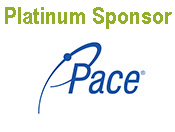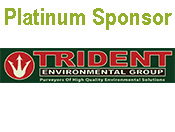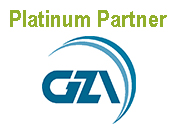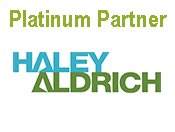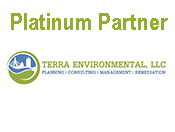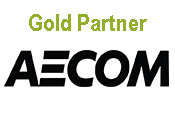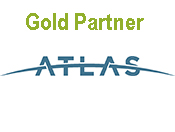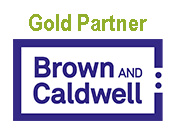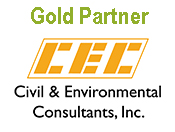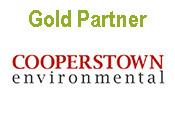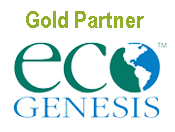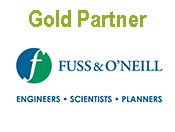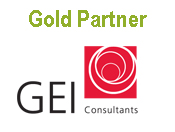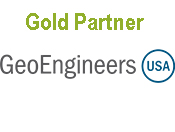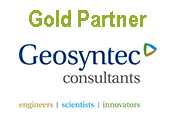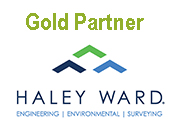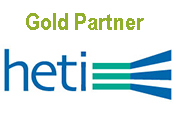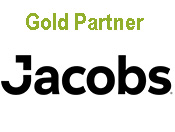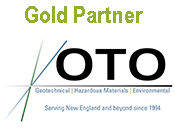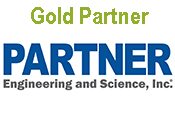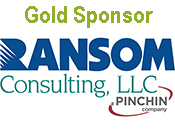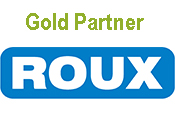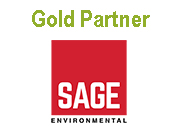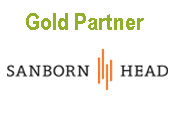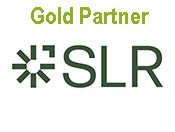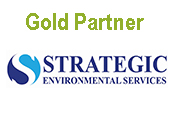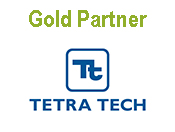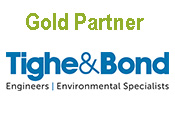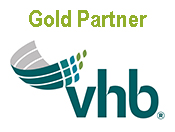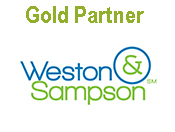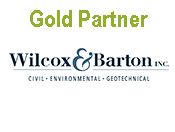|
Environmental Forensics of Non-Hydrocarbon Chemicals: Survey of Applications, Approaches, Capabilities, and Limitations
Tuesday, March 22, 2022, 10:00 AM - 2:15 PM EDT
Category: Course - Live Webinar
LSPA Continuing Education Webinar:
Environmental Forensics of Non-Hydrocarbon Chemicals: Survey of Applications, Approaches, Capabilities, and Limitations
When: Tuesday, March 22, 2022
Time: 10:00 AM - 2:15 PM EST (There is a 30 min break scheduled for lunch)
Live Webinar via Zoom
Registration: In your LSPA registration confirmation email, you will receive a link to a Zoom Registration for this topic. Registration for LSPA webinars requires a two-step process. 1) Complete the LSPA registration, and 2) In your LSPA confirmation email, you will receive a link to a Zoom "Webinar Registration". You must also complete this registration in order to receive the webinar link, and reminder emails with course materials. Registration closes 15 minutes prior to the start of the webinar.
Cost: Members $200 | Non-members $350
Course Instructors:
- Deborah Chiavelli, Ph.D., Managing Scientist, Anchor QEA, LLC
- David M. Mauro, M.S., President/Senior Scientist, META Environmental, Inc.
View Instructor Biographies
Available Credits:
4.0 Technical LSP Credits - #1765
4.0 CT LEP Credits - CTLEP-559 W
4.0 NY PE Credits - #20228372
4.0 NY PG Credits - #20228372
*To ensure you receive continuing education credit for your attendance in this webinar, please read the LSPA's guidelines here.
Course Description:
This course, along with the LSPA’s earlier environmental forensics offering this month, is designed to introduce participants to the principles of environmental forensic science and survey the major applications and techniques for organic chemicals. In particular, the participant will learn about the sources and composition of commonly encountered chemicals and products in the environment; forensic sampling and analysis techniques; and data analysis and presentation. The focus will be on when and how to conduct a good forensic study, and what are the current limitations in forensic analysis. Subtopics will be illustrated with case studies from each of the presenters’ practices.
Session 2: While it is not required that participants in Session 2 have attended Session 1, it will be assumed that they are familiar with the basics of environmental forensics, analysis, and quality assurance. Session 2 will focus on non-hydrocarbon chemicals; it will begin with a very brief overview of environmental forensics and then focus on forensic methods for non-hydrocarbon chemicals, such as chlorinated solvents, PCBs, and PFAS.
The objectives of Session 2 are below and the agenda is here.
- Review environmental forensics objectives and approaches
- Learn forensics of synthetic organic compounds
- Learn forensic data analysis techniques beyond qualitative fingerprinting – i.e., quantitative forensics, statistics, chemometrics
- Learn to glean forensic information from standard laboratory and investigation reports

|

 Prev Month
Prev Month View Month
View Month Search
Search Go to Month
Go to Month Next Month
Next Month
 Export Event
Export Event 